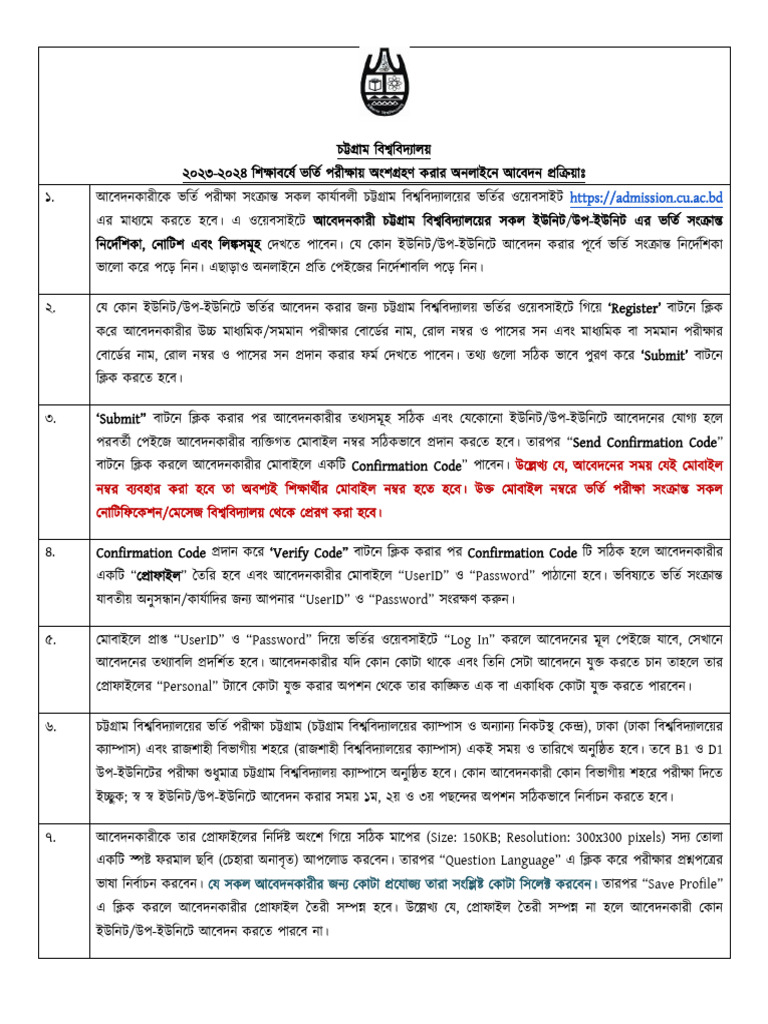The terms "applicants" and "candidates" are often used interchangeably in the context of job searching and recruitment. However, there are significant differences between the two, and understanding these distinctions can be crucial for both job seekers and hiring managers. In this article, we will delve into the 5 key differences between applicants and candidates, exploring the nuances that set them apart.

Understanding the Terminology
Before we dive into the differences, it's essential to define what we mean by "applicants" and "candidates." An applicant is an individual who submits an application for a job opening, typically through a resume, cover letter, or online application portal. A candidate, on the other hand, is a person who has been selected to move forward in the hiring process, usually after an initial screening or review of their application.
Difference #1: Application Stage
The first key difference between applicants and candidates lies in the stage of the application process. Applicants are individuals who have submitted an application but have not yet been reviewed or selected for further consideration. Candidates, by contrast, have already cleared the initial hurdle and are being considered for an interview or further evaluation.

Difference #2: Qualification and Fit
Another significant difference between applicants and candidates is the level of qualification and fit for the role. Applicants may not necessarily meet the minimum requirements for the job, while candidates have demonstrated a stronger alignment with the position's needs and qualifications. Candidates have typically showcased relevant skills, experience, and education that make them a more viable fit for the role.
Difference #3: Hiring Manager's Perspective
From the hiring manager's perspective, applicants are often seen as a pool of potential candidates, while candidates are viewed as more serious contenders for the position. Hiring managers may have already invested time and resources into reviewing candidates' applications, conducting initial interviews, or assessing their skills through assessments or tests.

Difference #4: Level of Engagement
The level of engagement between the hiring manager and the individual also differs between applicants and candidates. Applicants may have limited interaction with the hiring manager, while candidates are often engaged in a more substantive dialogue, including interviews, reference checks, or skills assessments.
Difference #5: Job Offer and Onboarding
Finally, the most significant difference between applicants and candidates lies in the ultimate outcome – the job offer and onboarding process. Candidates who have progressed through the hiring process and have been selected for the role will receive a job offer and begin the onboarding process. Applicants, on the other hand, may receive a rejection letter or no response at all.






Gallery of Recruitment and Hiring
In conclusion, while the terms "applicants" and "candidates" are often used interchangeably, there are significant differences between the two. By understanding these distinctions, job seekers and hiring managers can navigate the recruitment process more effectively and increase the chances of finding the right fit for the role.
What is the main difference between applicants and candidates?
+The main difference between applicants and candidates is the stage of the application process. Applicants have submitted an application but have not yet been reviewed or selected for further consideration, while candidates have already cleared the initial hurdle and are being considered for an interview or further evaluation.
What is the role of a hiring manager in the recruitment process?
+The hiring manager plays a crucial role in the recruitment process, responsible for reviewing applications, conducting interviews, and making the final decision on who to hire. They must also ensure that the recruitment process is fair, efficient, and compliant with relevant laws and regulations.
What is the importance of a job offer and onboarding process?
+A job offer and onboarding process are critical components of the recruitment process, as they help to ensure a smooth transition for new hires and set them up for success in their new role. A well-structured onboarding process can also improve employee retention and reduce turnover rates.
We hope this article has provided valuable insights into the differences between applicants and candidates. If you have any further questions or comments, please don't hesitate to reach out.
